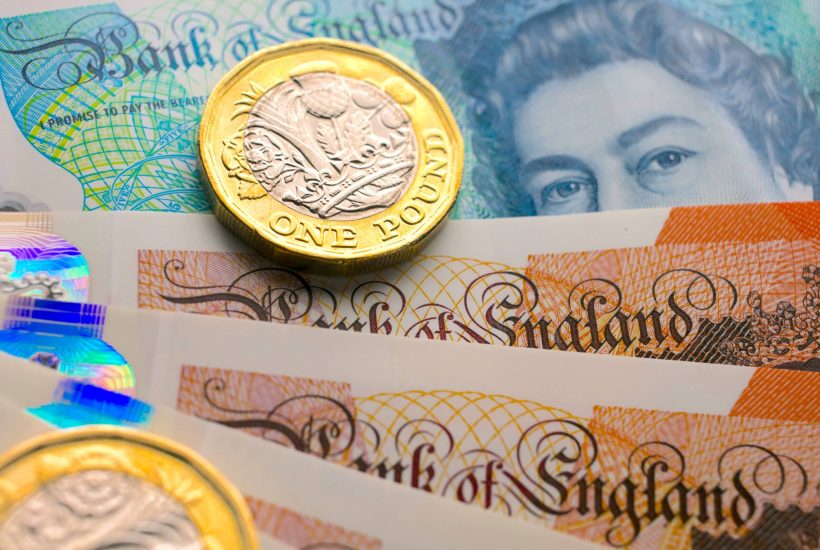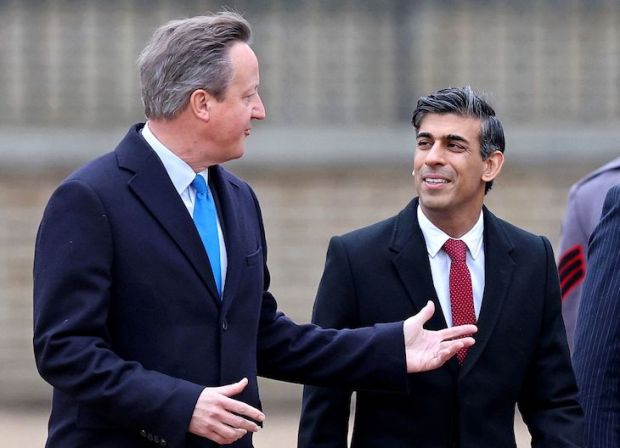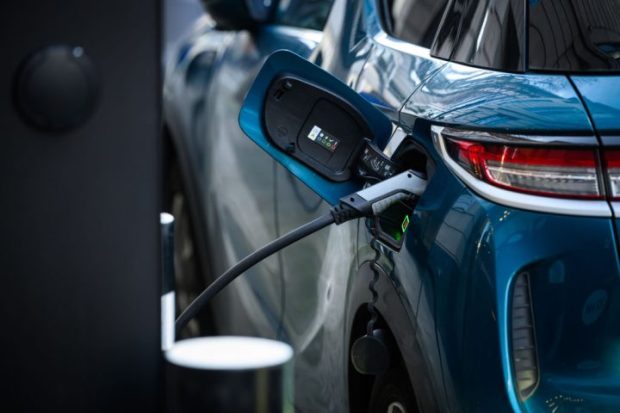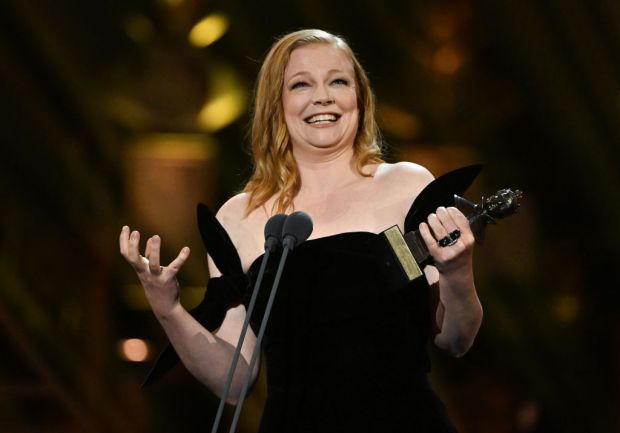Whatever happened to the inflation surge? Last month, when the Consumer Prices Index (CPI) surged to 3.2 per cent, the country started fretting about a return to the 1970s. This month’s CPI figure, though, has fallen to a not-very-1970s like 3.1 per cent. Forty five years ago inflation, on a slightly different measure, peaked at over 20 per cent.
So are we really heading for an inflationary surge? It turns out that the biggest contribution to this month’s slight fall in CPI is in restaurant prices. This might come as a surprise to people running restaurants — yesterday the Food and Drink Federation complained of a ‘terrifying’ rise in the costs of running restaurants and hotels, as they searched desperately for staff and had to bear higher energy costs. Input inflation in the hospitality sector, it said, was running at 18 per cent. Sooner or later, these extra costs will have to be passed on to consumers.
So why last month’s fall in restaurant prices? Last September was the month in which the cost of eating out rebounded after the end of the Eat Out to Help Out scheme. Because the rise in restaurant prices between August and September 2020 was greater than in the same period in 2021, it has shaved a slice off the CPI figures for September.
In other sectors, however, inflation is still surging — in particular in air transport (9.7 per cent over the past 12 months), used cars (up 21.8 per cent since April alone) and transport (the price of a litre of unleaded now stands at 134.9 pence compared with 113.3 pence a year ago). Overall, inflationary pressures have not eased, and it looks highly likely that the CPI will be on an upwards track again from next month once the quirk of Eat Out to Help Out drops off of the equation.
The real danger sign is what happens to wages, which have been rising strongly all year. This is what fed inflation during the 1970s: constant wage demands which increased buying power, further boosting prices and generating an inflationary spiral. Worryingly, this time around we have a Prime Minister who, far from urging wage restraint, is actually boasting of Britain becoming a higher wage economy, suggesting that large rises in HGV drivers; pay, for example, are something to celebrate. We may have a downwards blips this month, but the inflation story is unlikely to end well.
Got something to add? Join the discussion and comment below.
Get 10 issues for just $10
Subscribe to The Spectator Australia today for the next 10 magazine issues, plus full online access, for just $10.





















Comments
Don't miss out
Join the conversation with other Spectator Australia readers. Subscribe to leave a comment.
SUBSCRIBEAlready a subscriber? Log in